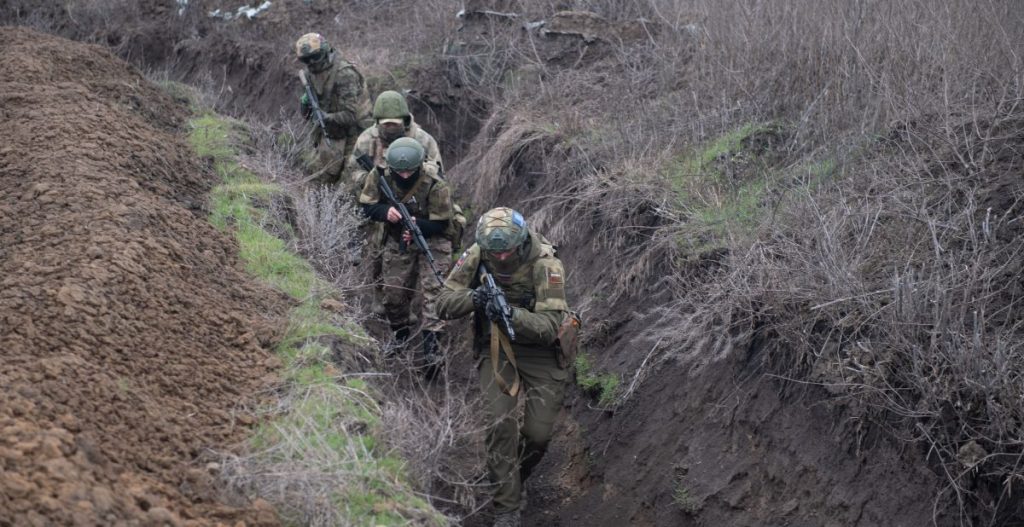They are designed to keep men fighting even when they are completely drained
Others are reading now
They are designed to keep men fighting even when they are completely drained
Pills instead of training

Reports suggest the Russian army increasingly relies on stimulants rather than proper training.
Manuals from the Defense Ministry prescribe drug regimes to keep exhausted soldiers on the frontline.
This raises concerns that chemical shortcuts are replacing discipline and skill.
The combat first aid kit
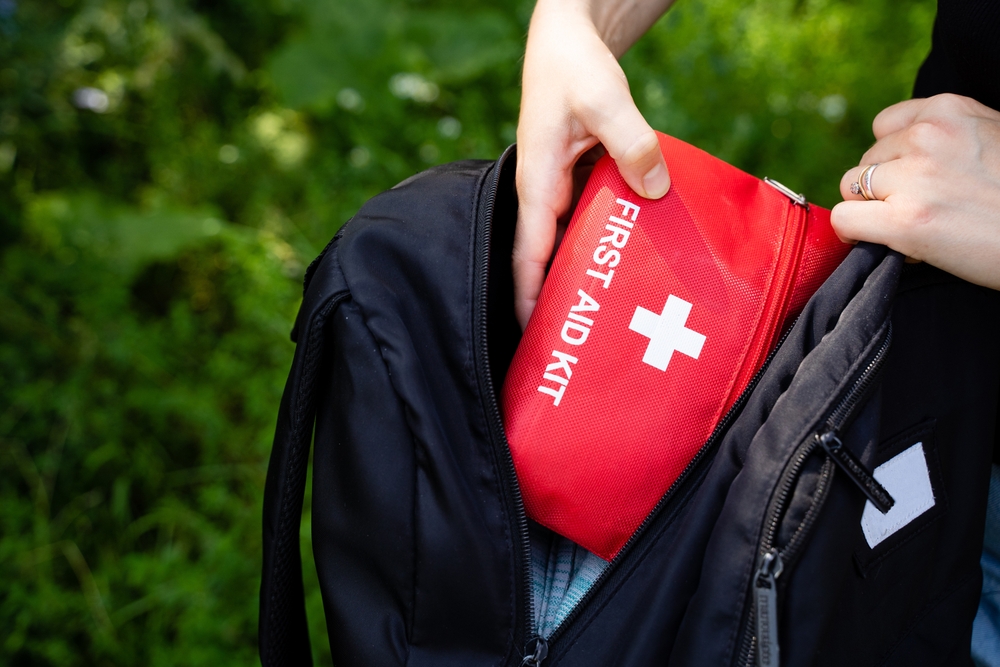
Investigations revealed that Russian soldiers’ “first aid kits” contain substances called Loxidan and UR-1.
Also read
These drugs are far from harmless, one mixes strong stimulants, while the other is based on experimental compounds.
Both are designed to keep men fighting even when they are completely drained.
Loxidan – a risky stimulant mix
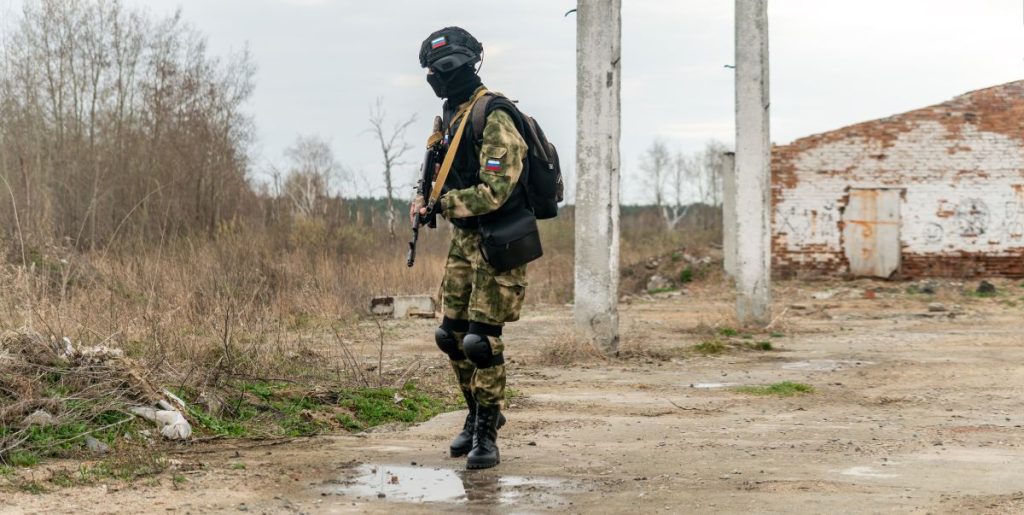
Loxidan is made from bromantane and mesocarb, the latter being a dangerous amphetamine derivative.
According to manuals, the pill can fight fatigue and drowsiness for up to two days without sleep.
But pushing the human body this far risks severe physical collapse afterwards.
Also read
UR-1 – the cognitive booster
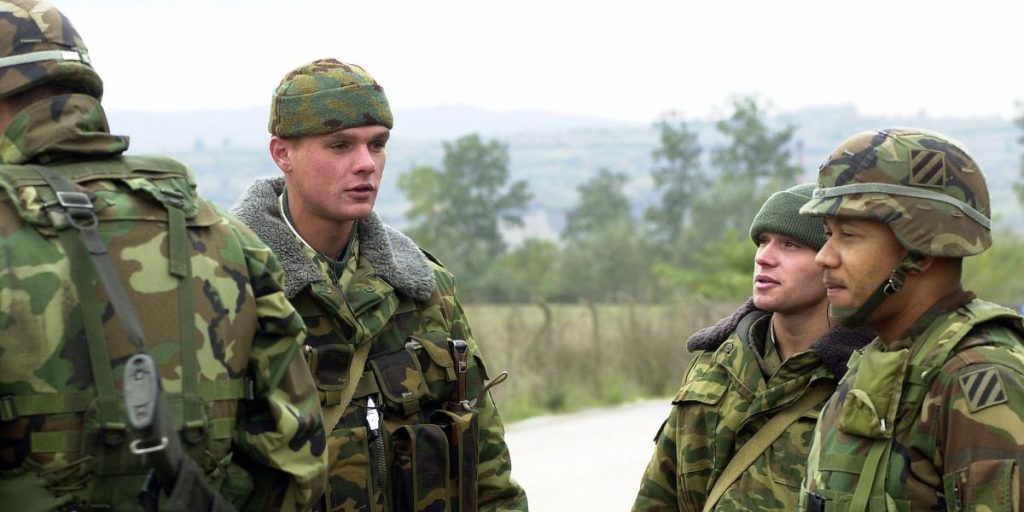
UR-1 is based on modafinil, a drug known for improving focus and alertness.
It was once used in Western militaries, including US pilots during the Iraq War, but under strict medical control.
In Russia, the drug appears to be handed out far more broadly and with little oversight.
Pills for the elite units
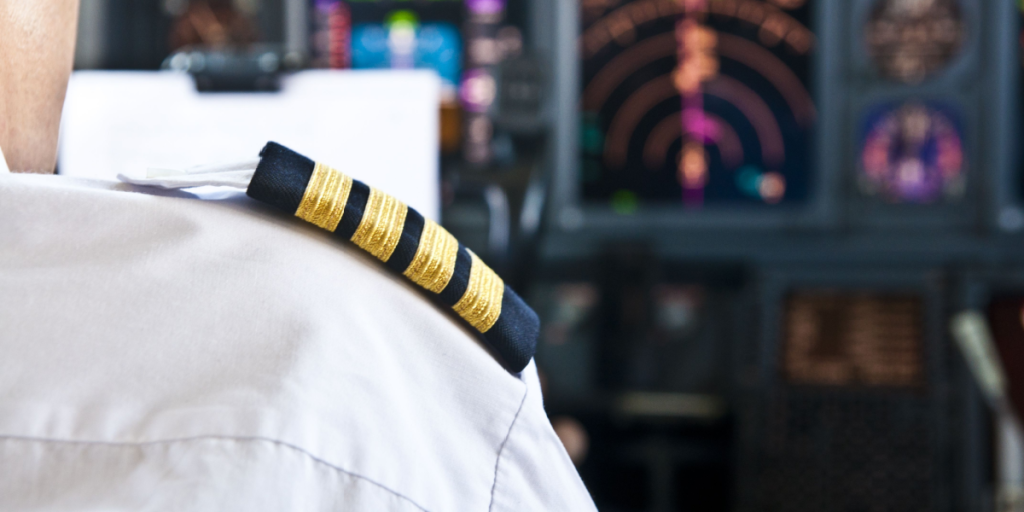
These stimulants are officially intended for airborne troops, marines, and special forces.
Unlike Western militaries, where usage was limited, Russia seems to deploy them widely.
Also read
This suggests the Kremlin views mass medication as a substitute for real preparation.
Drug programs for regular soldiers
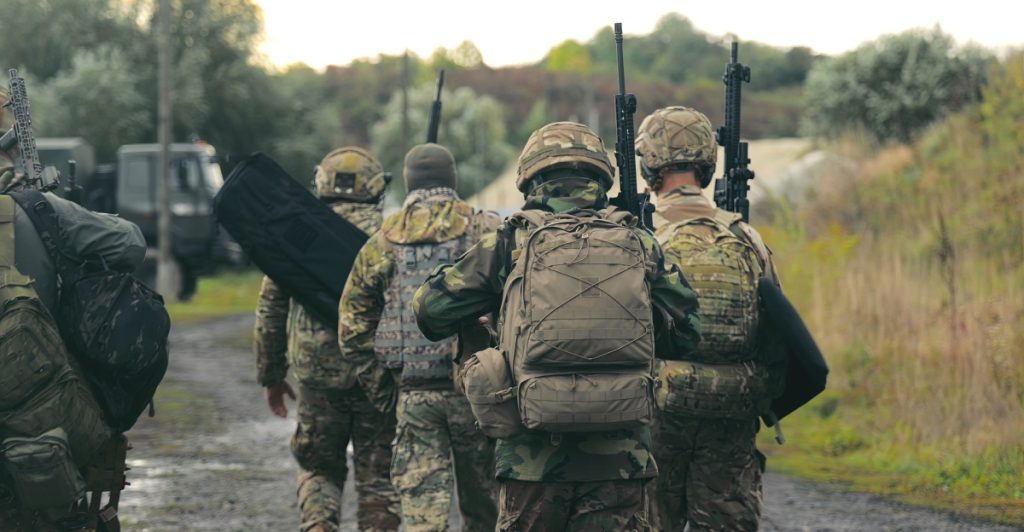
Not only elite units receive pills.
Military doctors have prescribed 14-day regimens for ordinary soldiers as well.
These include meldonium, linked to doping scandals in sports, and nootropics like fonturacetam and noopept to boost memory and concentration.
Masking fatigue, not curing it
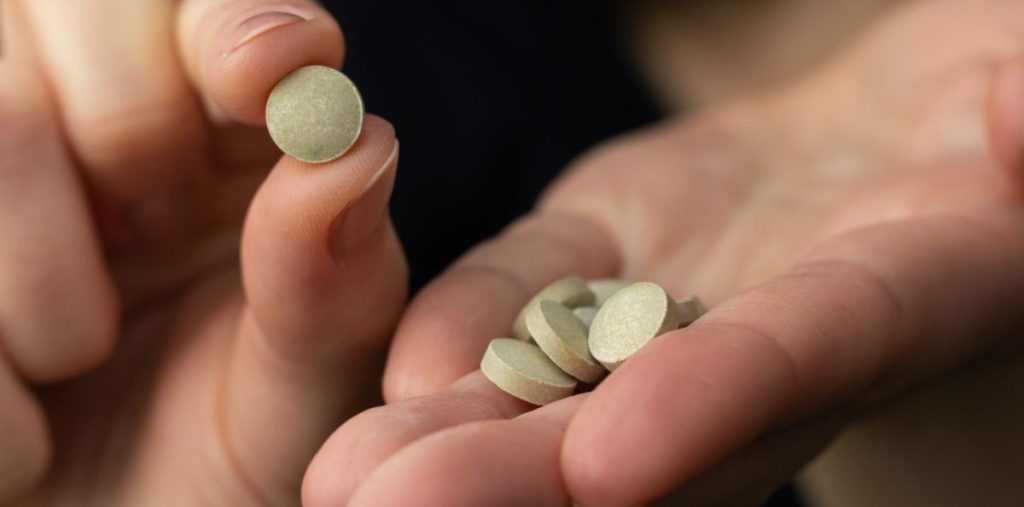
The problem is that these drugs do not remove exhaustion, they simply mask it.
Also read
Soldiers forced to rely on pills keep fighting past safe limits.
When the effect wears off, the result is collapse, nervous breakdowns, and disrupted sleep and blood pressure.
The cycle of dependency
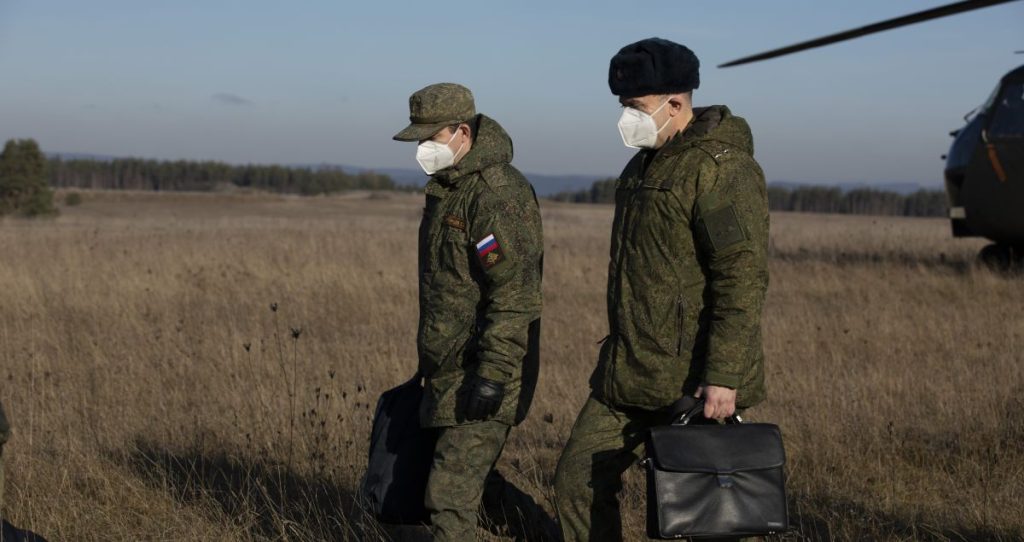
Experts warn of psychological dependence. Soldiers start believing they cannot perform tasks without medication.
This creates a vicious circle, where chemical stimulation replaces real training and weakens the army in the long term.
The system drives troops into deeper exhaustion instead of preparing them for war.

